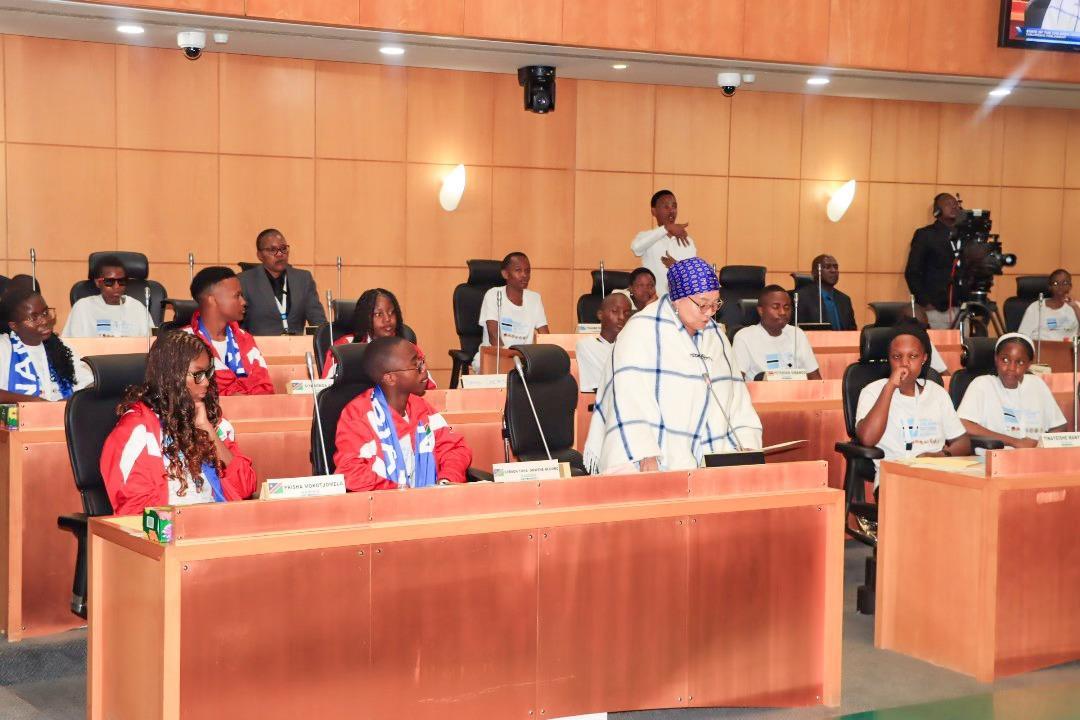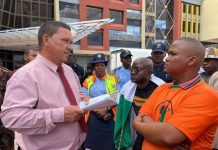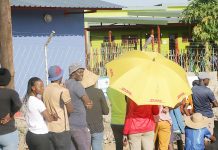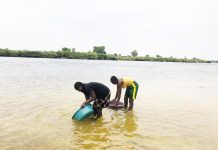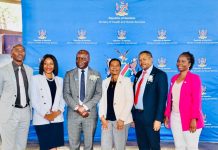Africa-Press – Namibia. Vice President Lucia Witbooi emphasised that children’s voices serve as a reminder for the nation to listen, highlighting that they are not merely beneficiaries of policies but active partners in building a more just and inclusive future for everyone.
She acknowledged the unique challenges confronting both the boy and the girl child within nations’ education systems.
“Over the past four years, Namibia has made significant progress in integrating disability inclusion into its national development agenda. We have strengthened the policy framework, mainstreamed disability rights in education and social protection programmes, and worked to eliminate barriers that hinder equal participation,” she said on Saturday during the commemoration sub-regional World Children’s Day in Gaborone, Botswana. Bostwana commemorates Universal Children’s Day on 20 November annually.
Swartbooi highlighted the growing disengagement of boys from education has become a matter of national concern in Namibia compared to girls.
This disparity is evident from the earliest grades, with 20.5% of boys repeating the first grade in 2022 compared to 13.9% of girls, and continues through to higher education, where females now make up two-thirds of the student body.
The teacher, by profession, said research in Namibia has shown that this challenge is linked to multiple factors, including poverty, peer pressure, limited mentorship, and rigid gender expectations that discourage boys from seeking help or prioritising education.
“The consequences are far-reaching, as educational underachievement among boys can lead to limited employment prospects, reduced lifetime earnings, and increased vulnerability to risky behaviours,” stated Witbooi.
She said that while addressing the challenges faced by boys, the issues of teenage pregnancy among girls must also be confronted.
“Teenage pregnancy remains a leading cause of school dropout among girls in Namibia. Many girls are forced to leave school due to pregnancy, and those who attempt to return often face stigma, discrimination, and challenges in catching up academically. Early pregnancy severely limits a girl child’s ability to complete their education, thereby reducing future employment opportunities and perpetuating cycles of poverty and inequality,” she said.
Botswana’s First Lady, Kaone Boko, said that as leaders, it is time to fully recommit and step up efforts to advance child welfare, to be intentional and decisive, not just in words but in actionable items that will hold us accountable.
“The best legacy we can leave for our children is a safe world. A world where their innocence is preserved, their rights are respected, their voices matter, and they feel included,” said Boko.
Like Namibia, Botswana has been actively engaged in initiatives to safeguard the welfare of children in the region.
In the continuous pursuit of child protection and a child-friendly justice system, various stakeholders, including the Office of the First Lady of Botswana, have been meeting with relevant stakeholders and partners to find solutions for transferring children in conflict with the law from Prisons to child-friendly environments.
“The aim is to rehabilitate and to reintegrate those children into society rather than excluding and punishing them.
This follows my visit and engagement with the prison officials and the children themselves at Moshupa Boys Prison earlier this year. The move is in recognising that all children need a safe and enabling environment where age-appropriate interventions may be applied to ensure the normal growth and development of a child in conflict with the law,” stated Boko, who is a lawyer by training.
For More News And Analysis About Namibia Follow Africa-Press

